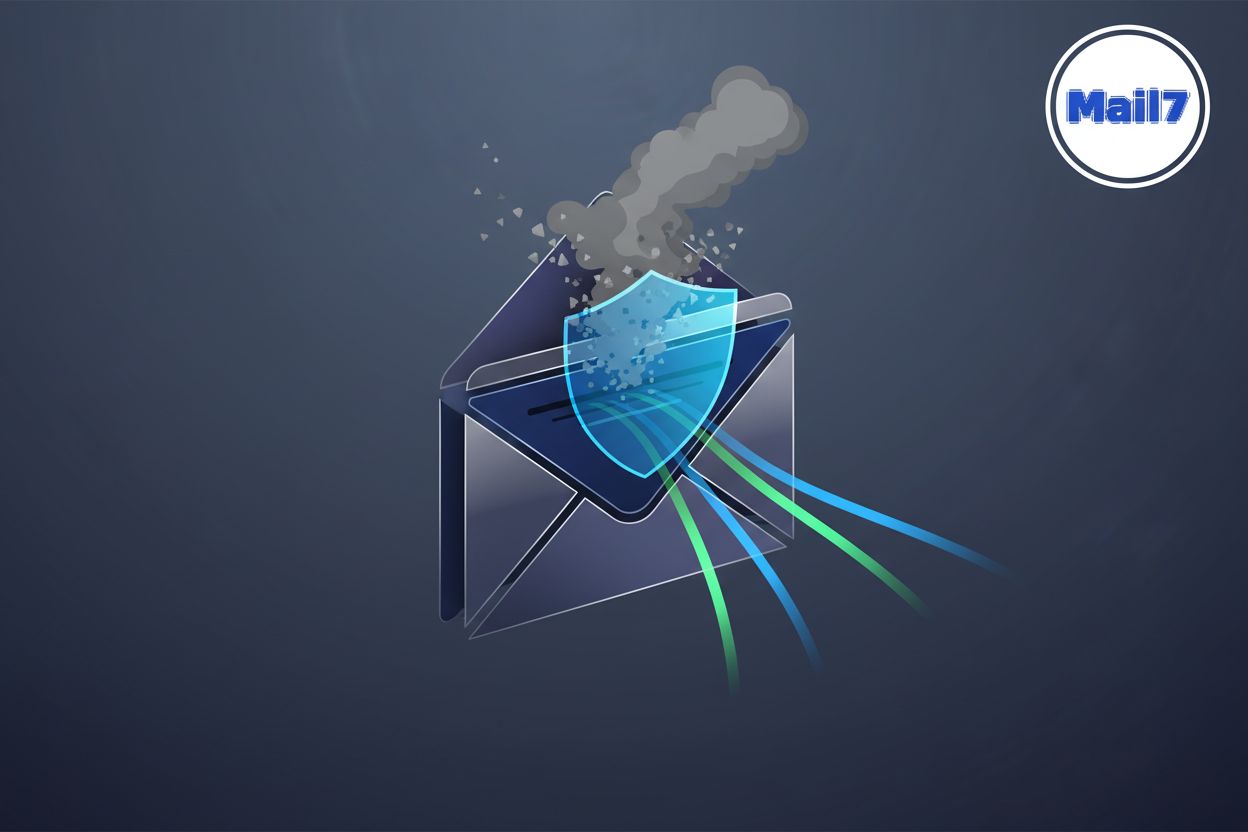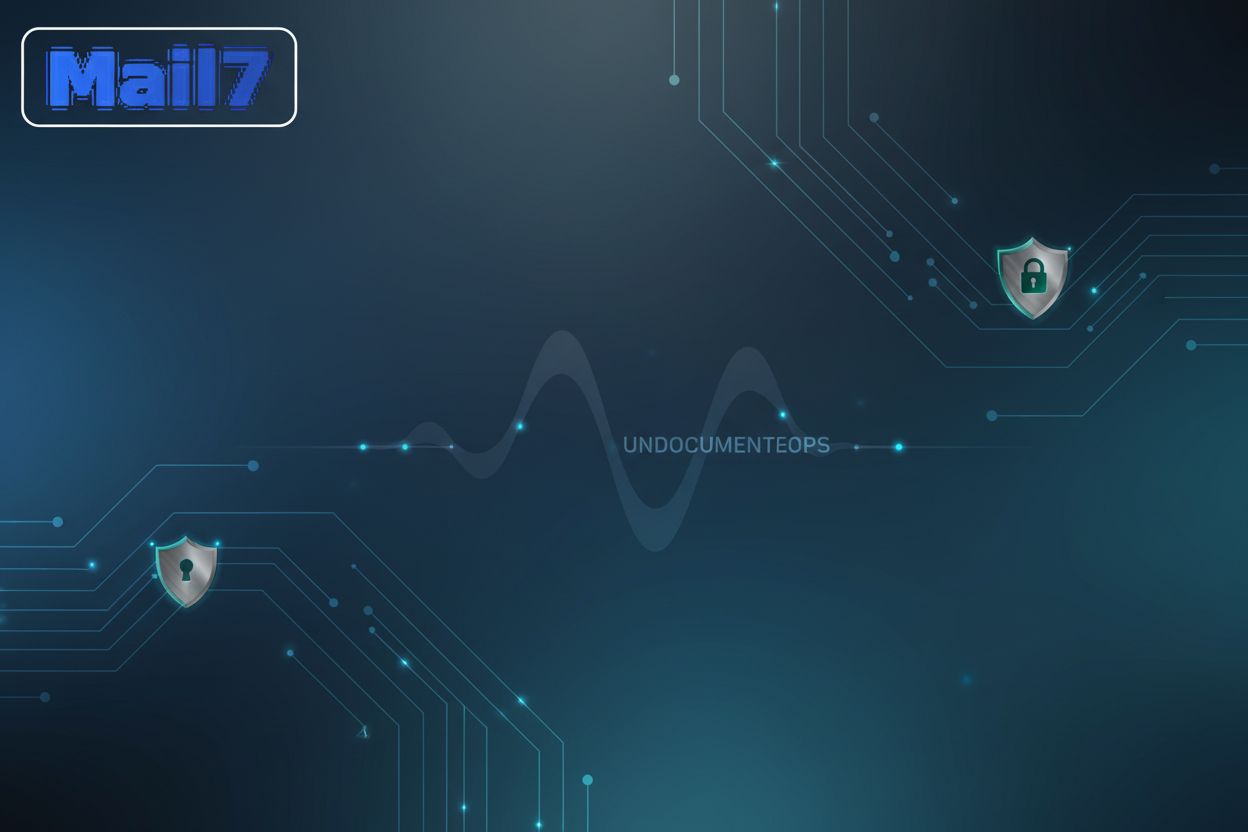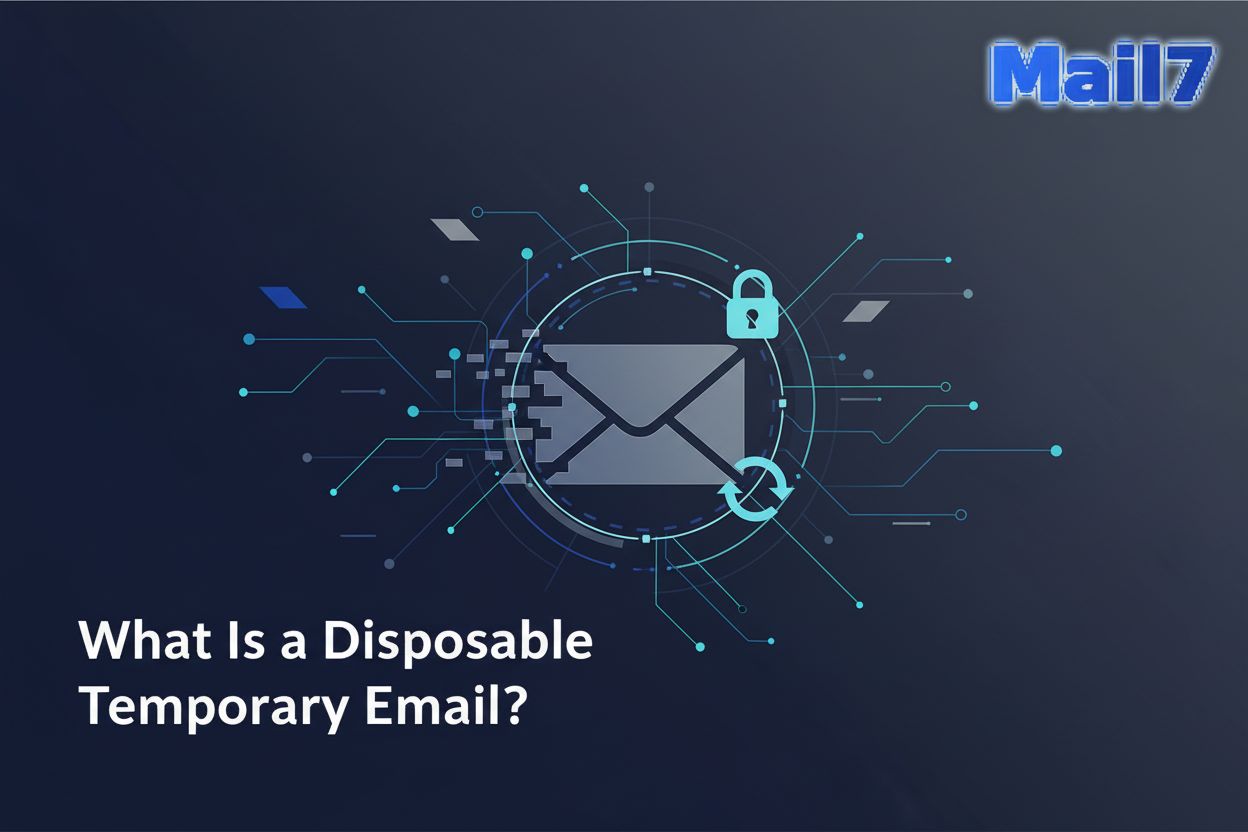Sending Emails from a Distribution List: Is It Possible?
TL;DR
Understanding Distribution Lists and Email Sending
Okay, so you're probably wondering about distribution lists and sending emails, right? It's a pretty common question, and honestly, it can be a bit confusing at first. Let's break it down in plain English.
Think of a distribution list as a shortcut. Instead of typing in a bunch of email addresses every time you wanna reach the same group of people, you just use one address.
- It's all about simplifying communication to, well, a group of recipients. For example, a company might use a "marketing team" distribution list, so they don't have to type out every team member's email.
- Distribution lists are really common in organizations. (7 Employee Distribution Lists for Internal Communicators) You could use it for internal announcements or even external newsletters.
- It's not just big companies, either. Even small businesses uses these list – the local bakery could have one for sending out weekly specials.
Now, here's the real question: Can you send as the distribution list itself? That's where things get interesting, which we'll get into next.
Methods for Sending Emails as a Distribution List in Microsoft 365
Alright, so you wanna send emails as a distribution list in Microsoft 365, huh? It's not always super obvious how to do it, and sometimes it feels like you're fighting with Outlook. But trust me, it's possible!
First up, let's tackle Outlook on the web, 'cause it's usually the easiest.
- Open Outlook on the web and find a message sent to the distribution list. This is key, just opening a new email won't cut it.
- Hit "Reply," then click "More" > "Show from." If you don't see the "From" field, you're gonna have a bad time.
- Here's the slightly weird part: Right-click your own email address in the "From" field and choose "Remove". Then type in the distribution list's address. Microsoft 365 Admin explains this process. For future use, you'll need to manually add the distribution list's address to the "From" field's dropdown menu each time, or explore further configuration options not covered here.
The Outlook desktop app's a little different, naturally.
- Start a new email.
- Click the "From" field and pick "Other email address." If you don't see the "From" field, you'll need to enable it in options, under "Show fields."
- Select the distribution list address from the address book.
Streamline your email testing with mail7. Create disposable email addresses for each member of your distribution list to ensure messages are received and displayed correctly. Mail7's api allows you to automate the creation and management of these addresses, simplifying your email testing workflows. Visit mail7.app to explore our developer-friendly solutions and unlimited test email reception.
Sending from mobile devices or other email clients might have different steps, and aren't covered here.
Next up, we'll dive into some troubleshooting tips for when things inevitably goes wrong.
Permissions and Configuration
Okay, so you've got your distribution list all set up, but can everyone actually use it? That's where permissions comes in – kinda like giving someone the keys to the kingdom, but for email.
First off, you gotta grant "Send As" permissions. Basically, this tells Microsoft 365 that a specific user is allowed to send emails that look like they're coming straight from the distribution list. Without this, Outlook will probably throw an error or something. Note: Configuring "Send As" permissions requires administrator access to the Microsoft 365 Admin Center.
Admins are the ones who handle this. (Admin Roles and Responsibilities [2025]: JD, Types, Skills) They can go into the Microsoft 365 admin center and give users the "Send As" right for a specific distribution list. It's not really hard, but it does require knowing where to click, and is detailed at Microsoft 365 Admin.
oh! and what about external senders? Letting people outside your org email the distribution list can be useful – think customers or partners – but you gotta be careful! Make sure your spam filters are up to snuff, and maybe even whitelist specific domains to keep things secure. Office 365: Allow External Senders to Email a Distribution List has more on this.
Configuring these settings correctly is quite important to avoid headaches down the line. Next, we'll look into troubleshooting common issues.
Troubleshooting Common Issues
Ever get that dreaded bounce-back email? Ugh, it's the worst, especially when you're sending to a big distribution list. Here's a few things that might be happening:
- Cached email addresses sometimes causes issues. Clearing 'em out might solve the problem, as csuf.screenstepslive.com suggests.
- Permissions, permissions, permissions! You might not have the right to send to the list.
- Make sure your account is listed as an authorized sender, or you're sunk. If you're not sure about your permissions, you can usually check with your IT administrator or consult your organization's internal documentation. They can tell you if you're allowed to send to the list and what "authorized sender" means in your specific setup.
If your emails seem to go nowhere at all, it could be a more complex delivery issue. This might involve checking mail flow rules, ensuring the distribution list itself is active and not encountering internal errors, or even looking at server-side logs if you have access. Often, contacting your IT support is the quickest way to diagnose these "lost" emails.
Testing and Verification for Developers
Alright, so you've been wrestling with distribution lists, configuring permissions, and all that jazz. But how do you really know if it's working? Time for some developer-style testing!
First off, testing email functionality is super important. I mean, what's the point of a distribution list if half the emails bounce?
- Use disposable email services. You know, those temporary email addresses? They're gold for testing. Set one up for each member of your list.
- Verify those emails, making sure they're delivered correctly. Double-check that the distribution list name shows up as the sender – not someone's personal address.
Here's where it gets fun for us devs.
- Email APIs can automate everything. Seriously, use 'em to test email workflows involving distribution lists. For example, you could use an api like SendGrid or Mailgun to programmatically send test emails to your distribution list and then check their delivery status.
- Check for proper formatting. Is the content rendering correctly on different devices?
And that's a wrap! With some careful configuration and these testing tricks, your distribution lists should be running smoothly. Setting up automatic monitoring for email delivery can also be a lifesaver, catching potential issues before your ceo does.





